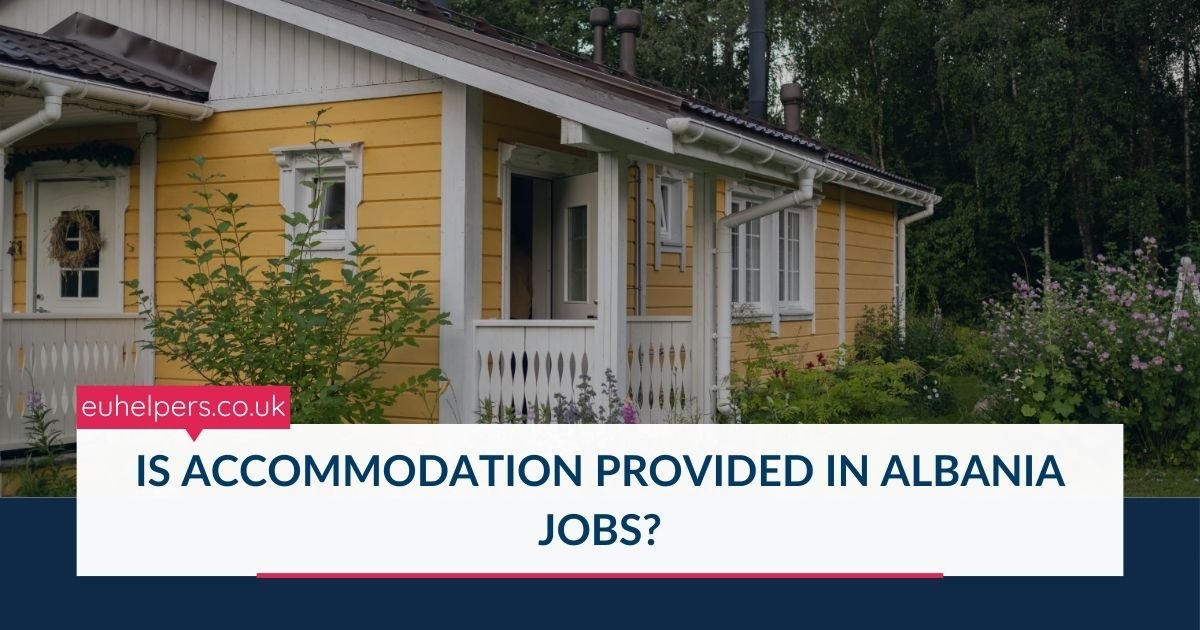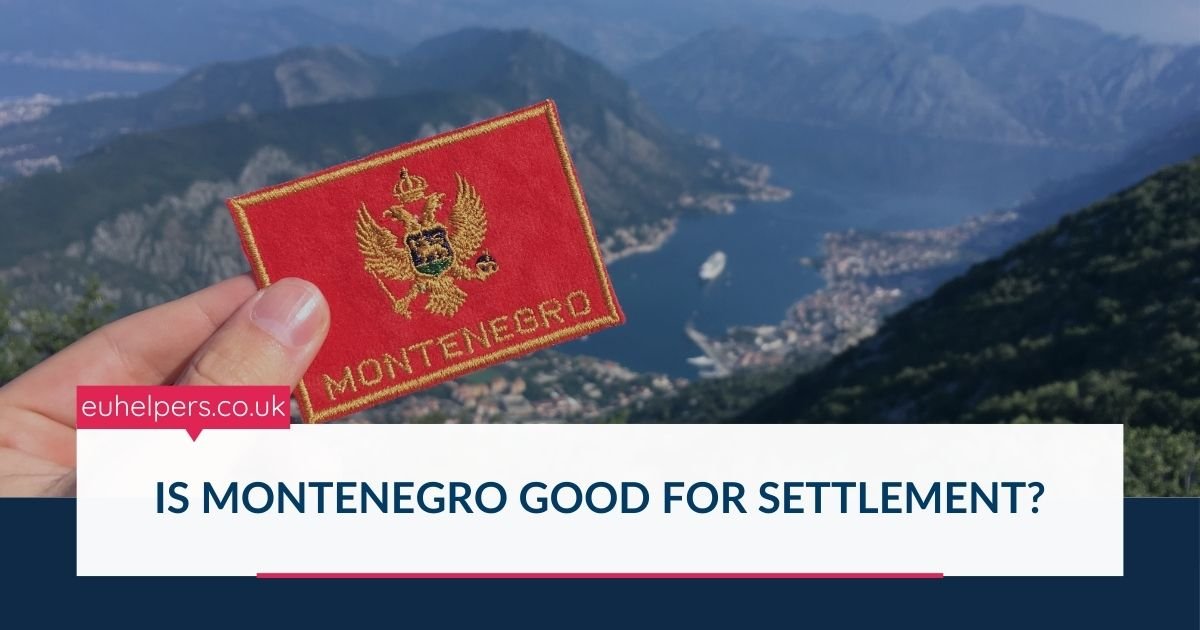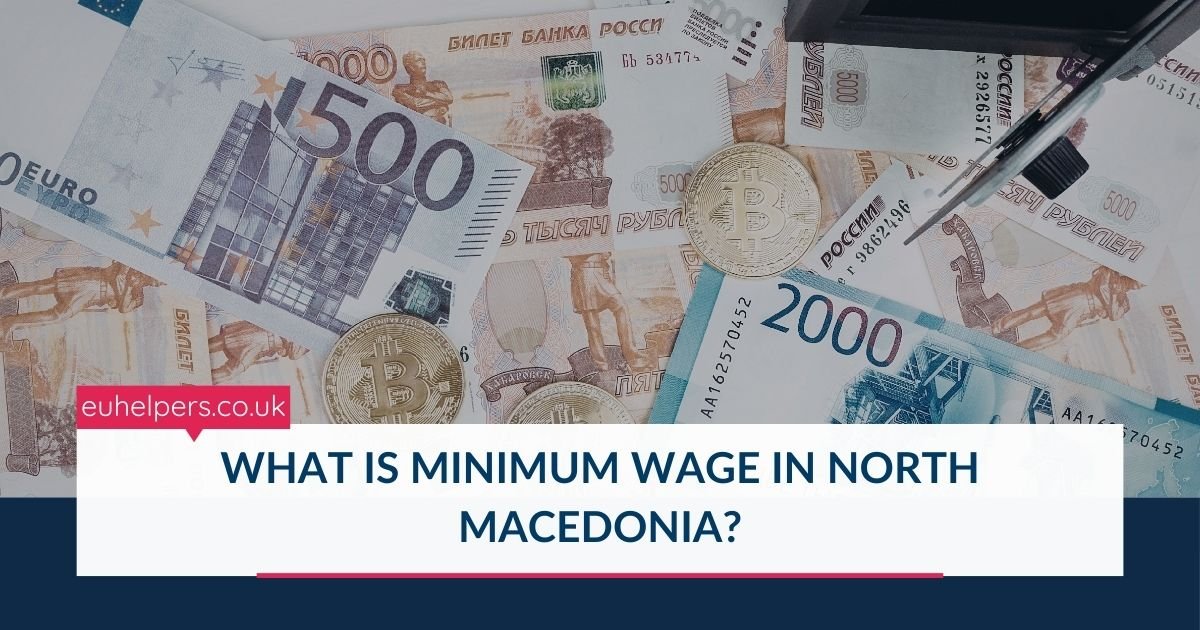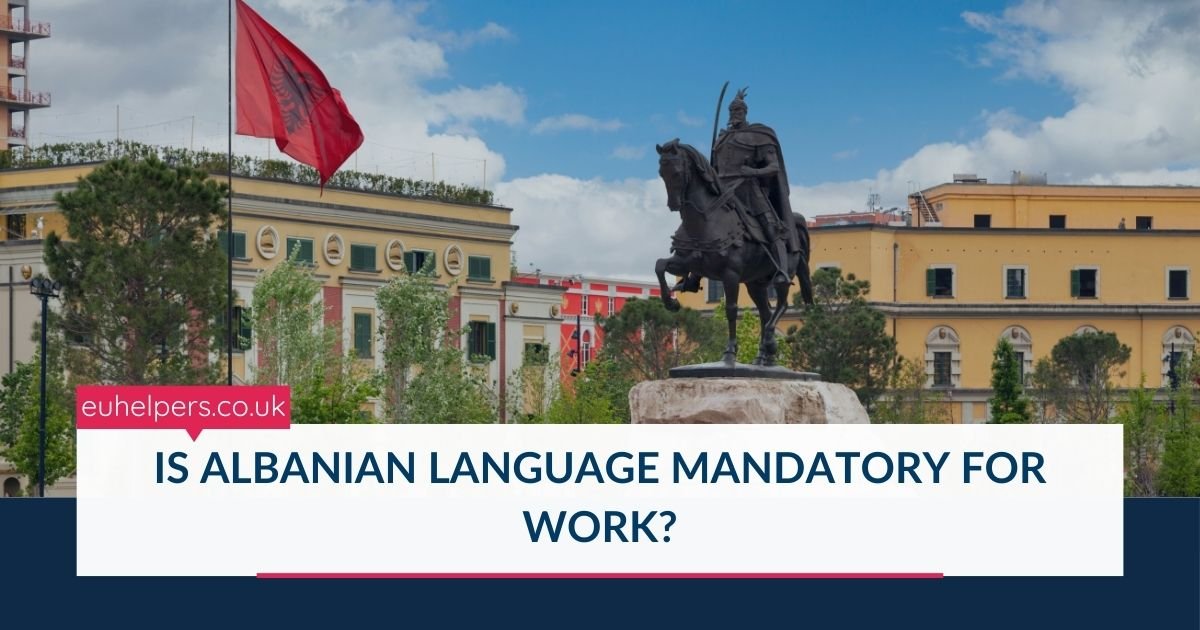
Choosing between Europe and the Middle East for work depends on your goals, salary expectations, lifestyle preferences, and long-term plans. Both regions offer good opportunities, but they are very di...
The UK Health Surcharge, officially called the Immigration Health Surcharge (IHS), is a mandatory fee that most foreign workers must pay when applying for a UK work visa. This fee allows visa holders ...
Yes, you can apply for Permanent Residence (PR) in Hungary after living legally for 5 continuous years. Hungary allows foreign nationals to obtain long-term residence if they meet specific legal,...
Yes. Care worker jobs are in high demand in the United Kingdom, and this demand is expected to continue growing over the coming years. The UK’s ageing population and ongoing shortages in th...
Yes, seasonal jobs are very common in Greece. The Greek economy relies heavily on tourism, agriculture, and hospitality, all of which operate mainly on a seasonal cycle. Every year thousands of f...
Yes, hospitality jobs are very common in Malta. Tourism is one of the largest industries in the country, and thousands of foreign workers are employed every year in hotels, restaurants, bars, res...
Many job opportunities in Albania do include accommodation, but it depends on the industry, employer type, and job offer. Not all jobs automatically come with a place to stay. Some sect...
Montenegro has become one of the most attractive destinations in Europe for people planning long-term settlement. It offers affordable living, beautiful nature, a slow lifestyle, and simple residence ...
The minimum wage in North Macedonia is the lowest legal salary that employers must pay to workers. It is set by the government and updated regularly to match living costs and economic conditions. The ...
No, the Albanian language is not always mandatory for work in Albania. The requirement depends on the job type, employer, and sector. Many companies, especially in tourism, IT, education, and internat...










